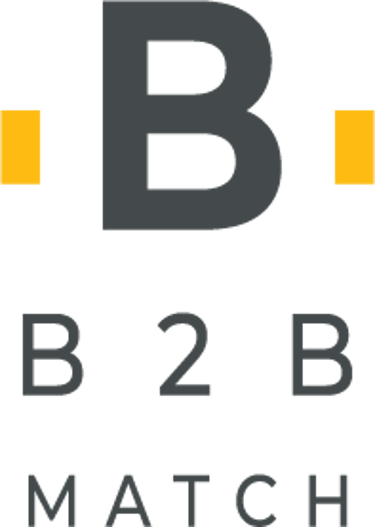Going Global the Israeli Way Strategy Lessons for Small Companies
Israeli startups face unique challenges going global: a small home market, long distances, and investors pushing for international traction from day one. This article shares key principles and real lessons from companies like Monday, Wix, Fiverr, OrCam, Gett, and Better Place — with the full deep dive available in the video.
3 min read


How Small Israeli Companies Can Build a Global Strategy
Israeli startups live in a very different reality than their American or European peers. The local market is too small to “learn at home,” every major target market is a flight away, and the CEO’s time is often the single scarcest resource in the company.
Investors, too, expect a global story from day one. A U.S. startup can raise millions based on domestic traction. An Israeli startup has to present international ambition right from the seed stage.
That’s why copying the American playbook usually ends in failure. Israeli companies need their own approach to strategy.
In my recent talk, I explored this in depth. Below are the core ideas. For the full case studies of Monday, Wix, Fiverr, OrCam, Gett, Better Place and others — and the detailed frameworks behind them — watch the full video linked at the end.
The Israeli Context: Why It’s Different
A small U.S. startup can spend three years selling only in its home market, sometimes reaching $20–30M in revenue before going abroad. An Israeli startup has no such luxury. If you only sell locally, you quickly hit a ceiling. That’s why Mobileye worked with global automakers almost from day one, and why OrCam opened a London HQ to build European distributor networks early.
Geography makes it harder. Americans expand across states. Europeans can cross into nearby countries with cultural similarities. Israelis always need a flight, a new language, and a new culture. Which means local partners or presence are almost always required.
Add to that the “Israeli innovation” brand. In cyber, agri-tech, and med-tech it’s a strong asset. But in some markets, it triggers privacy concerns or regulatory barriers. It’s both a strength and a weakness.
And of course, in the early years the CEO is the bottleneck. At Wix, the founders themselves flew abroad to pitch clients because they couldn’t yet afford local sales teams.
Strategic Lenses That Matter
There are frameworks we can use as lenses for decision-making:
Porter’s Five Forces. Look at Gett’s failure in New York: fierce rivals Uber and Lyft, customers with endless options, substitutes everywhere, suppliers (drivers) with no loyalty. The market structure itself made success impossible.
Resource-Based View. Lightricks succeeded because it built on a rare, hard-to-copy asset: mobile image processing with superb UX. OrCam did the same with computer vision for the visually impaired. Strategy starts with your unique resource.
Blue Ocean. Monday.com didn’t call itself “just another CRM.” It invented the category “Work OS.” Waze created community-based navigation. Small firms rarely win head-to-head. They win by redefining the game.
Born Global. Wix and Fiverr couldn’t rely on Israel at all. Their products were digital, their teams had global vision, so they went international from the start.
These models aren’t theory for theory’s sake. They’re tools for asking sharper questions before burning resources.
Action Items for Monday Morning
This is where it gets practical. Strategy is not a 50-page plan. It’s a disciplined chain of choices. Here are five things you can do immediately:
Pick one market. Don’t scatter across the U.S. and Europe at the same time. Choose the market with the best fit to your resource and connections. Mobileye and OrCam didn’t waste time locally — they chose global targets early.
Pick one channel. Don’t try self-serve, freemium, branding, and partners all at once. Monday bet on product-led growth. Wix bet on freemium. Fiverr invested in brand. OrCam built through partners. Each chose one and doubled down.
Align sales and marketing. Measure success with one KPI: paying customers. Not leads, not impressions. Alignment is life-or-death in small firms.
Run a 90-day experiment. Define a sharp test: ten paying customers in Germany via one distributor. Track three KPIs. At the end, decide: scale or stop. Avoid slow, expensive failure.
Set an emergency brake. Decide in advance when you’ll stop. For example: “If after 90 days we don’t have five paying clients, we change course.” This protects you from falling in love with a dead strategy.
Closing Thoughts
The big message is simple: small Israeli companies can’t act like corporations. They must act like guerrilla fighters — sharp, fast, using unique resources, picking the right battles, and winning them one at a time.
Focus beats dispersion. Discipline beats improvisation. Clear choices beat wishful thinking.
And remember: the theory becomes real only when you see it in action. Monday, Wix, Fiverr, OrCam, Gett, and Better Place all made choices that either opened doors or closed them.

👉 For the full extended version, with detailed case studies of
both success and failure, watch the complete video
Address
4/12 Gershon Sharshevski,
Mazkeret Batya, Israel


